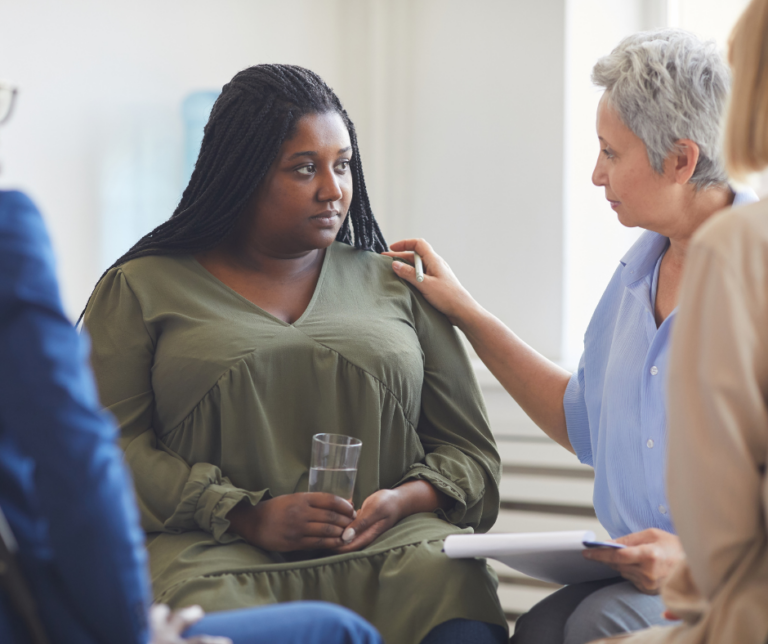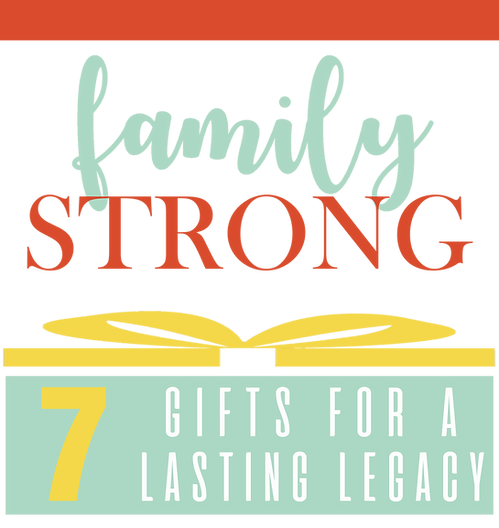
Law Office of Michelle Adams

6155 S. Main Street Suite 270, Aurora, CO 80016


6155 S. Main Street Suite 270, Aurora, CO 80016
How to Find a Caregiver Support Group

A good caregiver support group can be a lifeline. It can give a caregiver a place — in person, on the phone or online — to share feelings confidentially, make friends, get help navigating the health care system and learn from others who have walked a similar path. During the COVID-19 pandemic, many groups moved on to video meeting platforms, like Zoom.
AARP’s recent article entitled “How to Find a Caregiver Support Group That's Right for You” says the benefits for family caregivers are well documented. Research shows that social support helps people cope. Caregivers often can't speak openly with family members about their emotional reactions, and a support group provides a relative degree of anonymity.
There are support groups run by faith institutions, medical centers, disease associations, adult daycare centers and social service agencies. Some are for people caring for loved ones with specific medical conditions; others aim to serve caregivers in general. Help from caregiving communities is widely available online.
There are several types of support groups to consider. One is condition-specific groups. These groups are for people caring for loved ones with Alzheimer's and dementia; cancer; heart disease and stroke; mental illness; neurodegenerative diseases like muscular dystrophy and ALS; and many other conditions. Other groups target different kinds of caregivers. These might bring together people in specific caregiving situations and relationships, such as military caregivers or adult children caring for elderly parents. In addition, there are groups based on demographic affinities, like LGBTQ caregivers, Spanish speakers, or millennials.
Peer-led support groups, including the Well Spouse Association, a national support organization for people caring for spouses, facilitates a network of support groups around the country, all run by volunteers.
Groups may be led by a trained facilitator, such as a social worker, psychologist, or member of the clergy. This person can help keep the discussion on track. Facilitators can also steer participants toward useful educational programs with elder law or legal aid attorneys, adult daycare providers and other professionals.
Online and telephone caregiver groups provide priceless support to people who can't travel to a face-to-face meeting (or who prefer not to) or need to talk to someone during off-hours. Though you give up opportunities for local networking and face-to-face contact, research has found that online groups provide the same positive effects as in-person groups when it comes to emotional support and validation. A good friend an colleague, Nadine Roberts Cornish, hosts a weekly virtual support group. Head to her website at https://tcgcares.com to learn more.
It's important to find a space where you can share stories, feelings and advice with people who can relate and won't judge. Knowing that you’re not alone can make a big difference.
Reference: AARP (Aug. 31, 2021) “How to Find a Caregiver Support Group That's Right for You”

